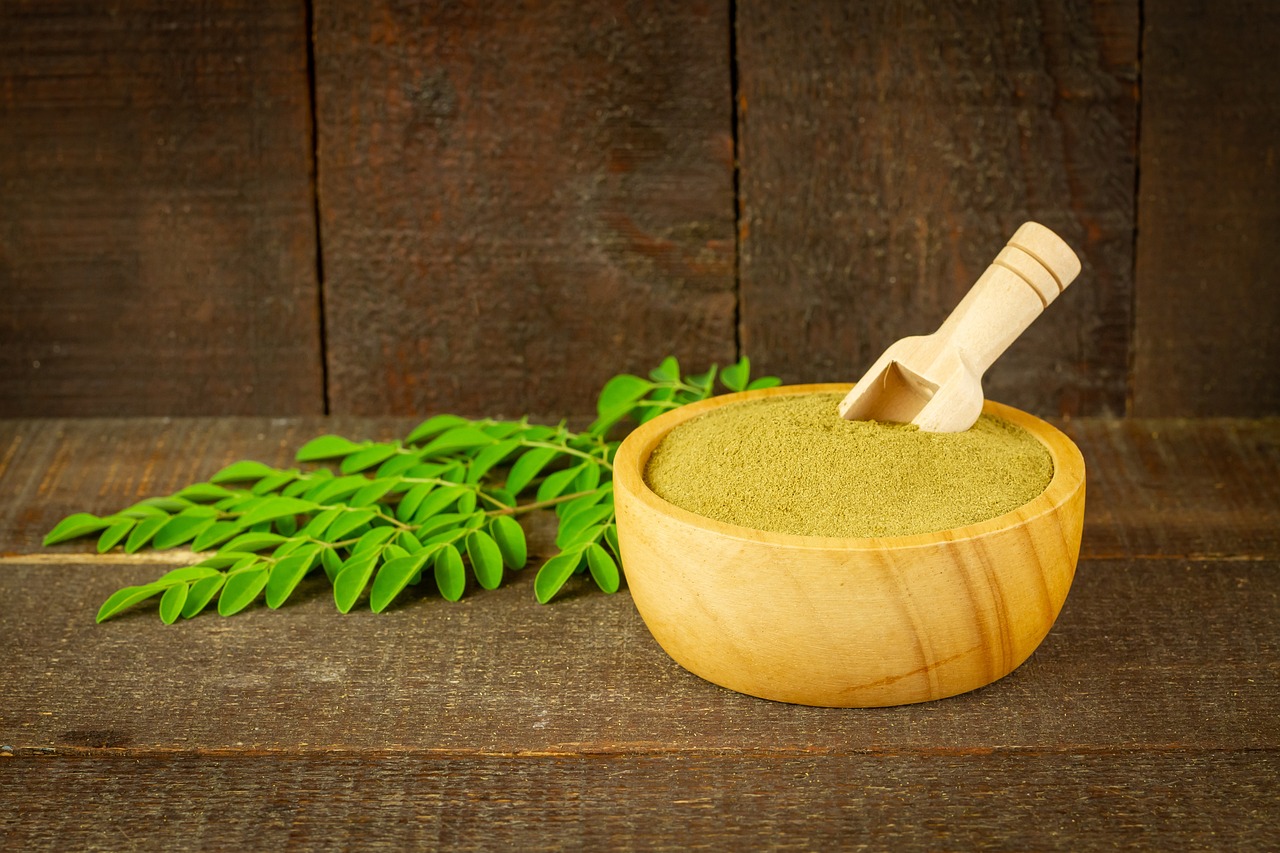Physical Wellness
Why Moringa Might Be Your Body's Superfood Savior

moringa | (Photo : Image by Alongkorn Tengsamut from Pixabay)
Moringa oleifera, commonly known as the drumstick tree or miracle tree, offers a promising natural remedy for its antioxidant and anti-inflammatory properties. It also boasts many potential health benefits, and they are all listed below.
Addresses Anemia and Sickle Cell Disease
In various regions worldwide, moringa has been a traditional remedy for addressing and warding off anemia. Laboratory findings have hinted at the potential of incorporating moringa into diets or medicinal regimens to aid in the management of sickle cell disease. This potential is attributed to its antioxidant properties, chelating activity-capable of reducing excess iron-and other related factors.
Manages Blood Pressure
Moringa harbors compounds that exhibit potential in blood pressure regulation. In a study, one group of healthy individuals ingested 120 grams of cooked moringa leaves over a week, while a control group abstained. Notably, participants who consumed moringa exhibited decreased blood pressure levels two hours post-ingestion compared to their counterparts.
Nurtures Nervous System Health
Moringa's antioxidant activity holds promise in shielding against nervous system disorders such as multiple sclerosis and Alzheimer's disease. Though mechanisms remain unclear, its neuroprotective potential hints at therapeutic applications in mood and nervous system-related ailments.
Has Potential in Cancer Prevention
Moringa possesses properties that potentially contribute to cancer prevention, notably through compounds like niazimicin, which demonstrate the ability to inhibit cancer cell growth, Medical News Today reported. As per findings from certain studies, extracts derived from various parts of the moringa plant, including its leaves and bark, exhibit promising anticancer properties. Pending further research validation, these discoveries could offer significant therapeutic avenues for combating cancers such as breast, liver, colorectal, and others.
Alleviates Edema
Edema, characterized by fluid accumulation in body tissues often due to inflammation, can lead to tissue swelling, as seen in ear edema typically associated with infections. In a study, the application of moringa seed oil demonstrated a reduction in skin inflammation among mice afflicted with ear edema. This finding suggests the potential of moringa's anti-inflammatory properties in alleviating ear edema, though further research is warranted to substantiate its efficacy and explore clinical applications.
Safeguardes Liver Health
Moringa exhibits potential in safeguarding the liver from nonalcoholic fatty liver disease (NAFLD). In a study, researchers administered a diet enriched with moringa leaves to guinea pigs. Those subjected to a higher concentration of moringa demonstrated reduced cholesterol and triglyceride levels, along with diminished liver inflammation. This research underscores the promising hepatoprotective effects of moringa, offering insights into its role in mitigating NAFLD-related complications.
Despite its promising profile, caution is advised when considering moringa supplementation. While it appears generally safe, potential interactions with medications require consultation with a healthcare professional. Moreover, due diligence in sourcing supplements from reputable sources is crucial, given the lack of FDA regulation.









Join the Conversation